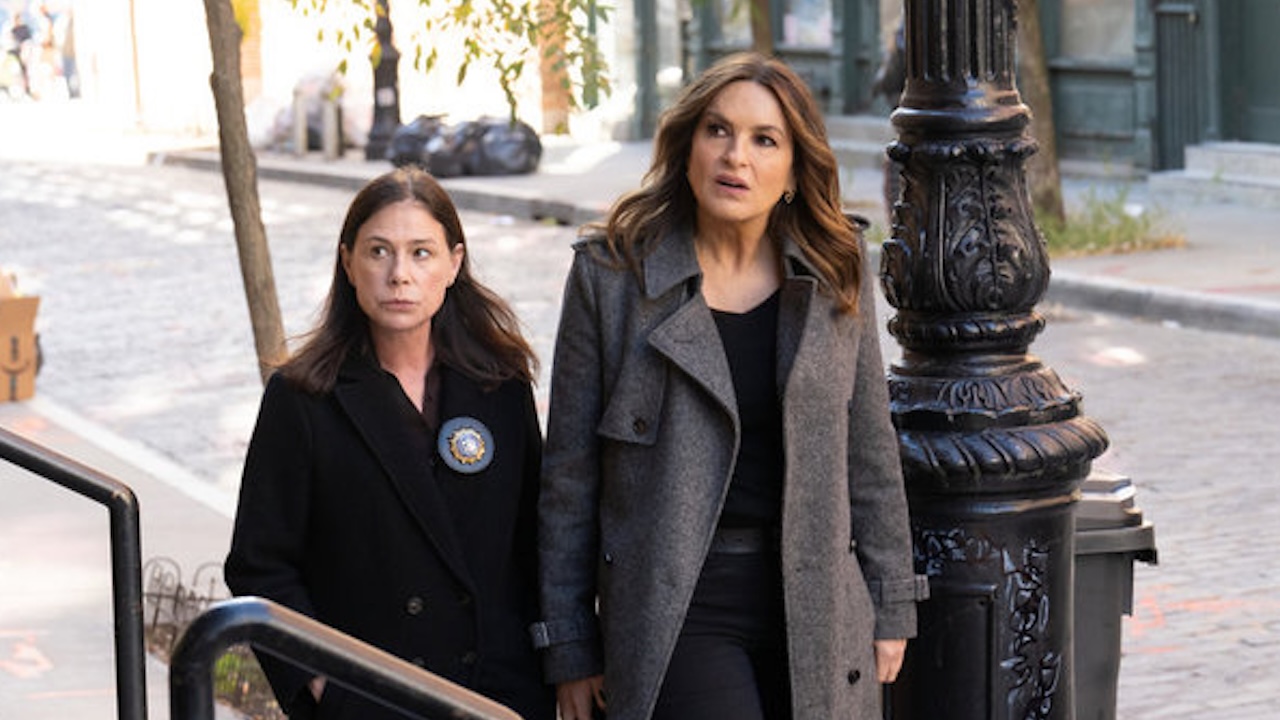Interviews
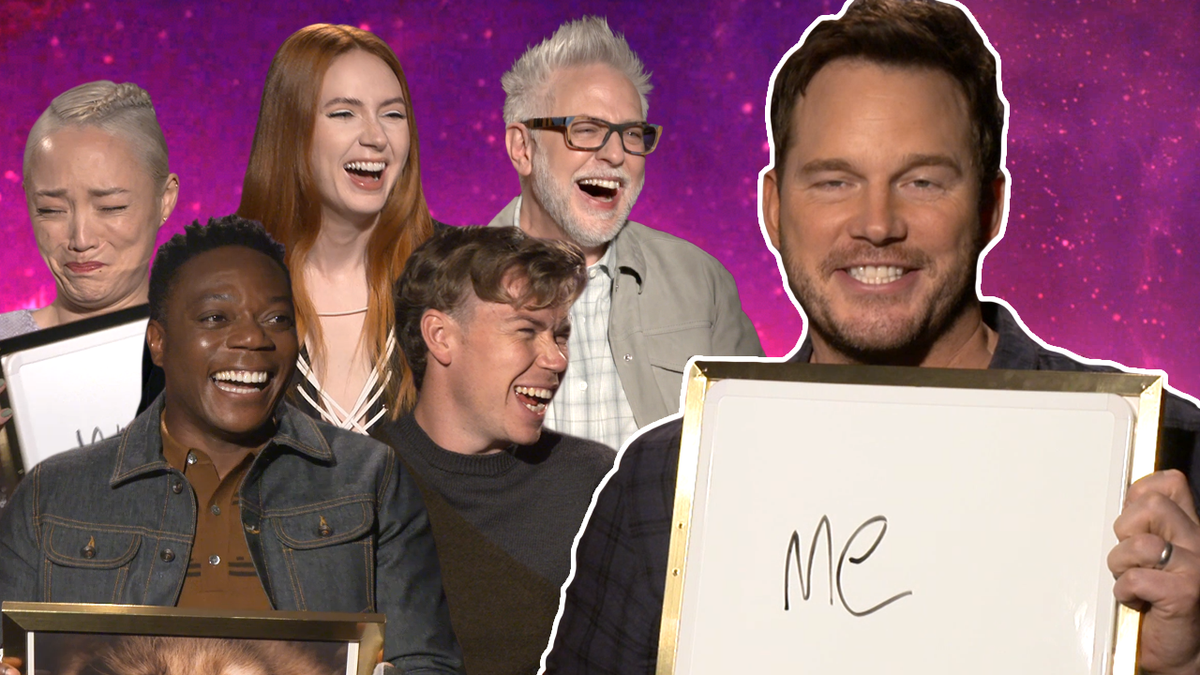
CinemaBlend frequently sits down with the talent who are responsible for the movies, television shows, streaming features, and pop-culture moments that you want to be reading more about. From Tom Hanks to the cast of Avatar, from the latest contestant on The Masked Singer to the cast of Yellowstone, CinemaBlend ample time for exclusive conversations with Hollywood's biggest stars.
And CinemaBlend prides itself on asking talent the questions that they aren't hearing from every other outlet, leading to passionate answers that are meant to educate and entertain you, our readers. If they are important in Hollywood, they are speaking with CinemaBlend.
Latest about Interviews
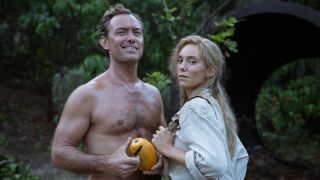
Jude Law Wore A Mouthful Of Metal Teeth In Eden, And Yeah, He Told Me They 'Weren't Very Pleasant'
By Sarah El-Mahmoud published
Exclusives The British actor fully embraced the role of the German physician/naturalist.
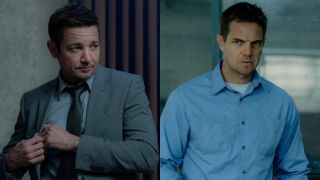
Mayor Of Kingstown’s Emotional Season 4 Ending Was Improvised By Jeremy Renner, And Taylor Handley Told Me The Story Behind It
By Riley Utley published
Exclusives What a moment!
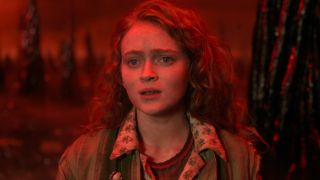
‘Oh God, We Knew This Was Coming’: Sadie Sink Opens Up About Her Last Day Filming Stranger Things
By Erik Swann published
Exclusives It's so hard to say goodbye...
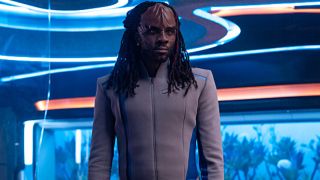
Star Trek: Starfleet Academy's Karim Diane Knows His Klingon Character Is Different, But Explains Why It's Not Uncommon
By Mick Joest published
Exclusives I love how he responded.

Song Sung Blue Will Take You On A Wild Ride, And Even Director Craig Brewer Knows The True Story Is ‘Unbelievable’
By Erik Swann published
Exclusives This isn't a tall tale.
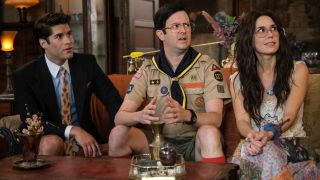
A Ghosts Star Told Me Why All The Furniture On Set Is ‘The Most Uncomfortable,’ And It Actually Makes A Lot Of Sense
By Riley Utley published
Exclusives You can't say they're not committed to the bit.

I Asked Pluribus’ Rhea Seehorn Her Favorite Detail About The Show’s Aliens, And Her Answer Matched Mine Exactly
By Nick Venable published
Exclusives We miss you, Carol.
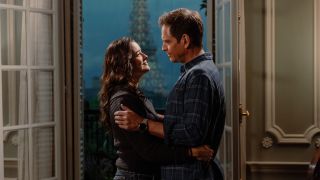
Intimacy Coordinators Are A Hot Topic In Hollywood. Why Michael Weatherly And Cote De Pablo Said They Didn't Need One for NCIS: Tony And Ziva
By Adam Holmes published
They gave this a lot of thought.
Your Daily Blend of Entertainment News


